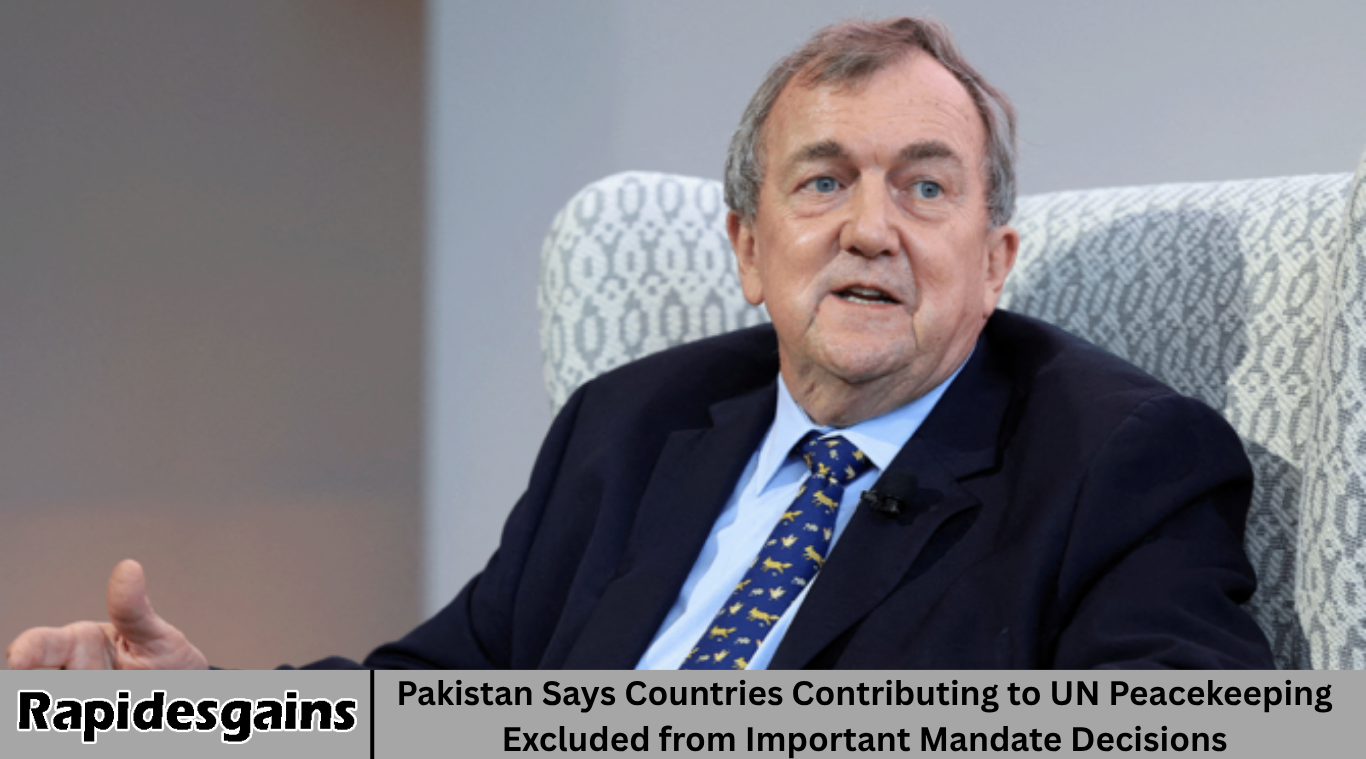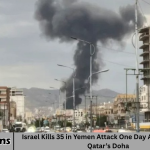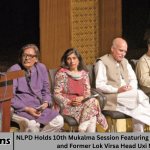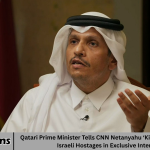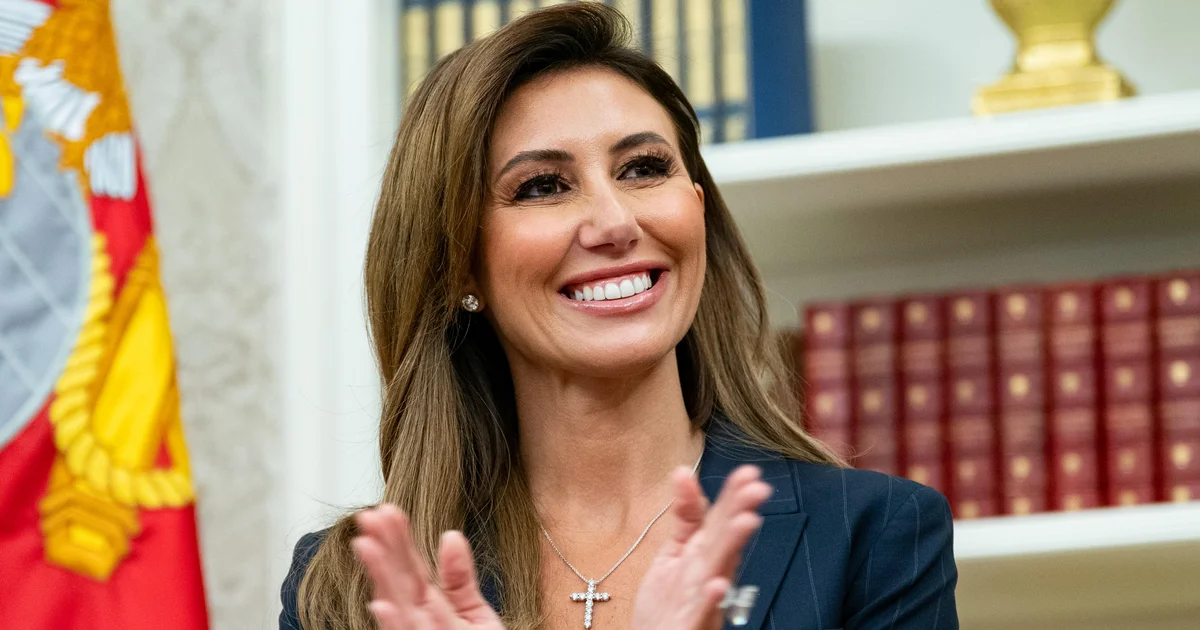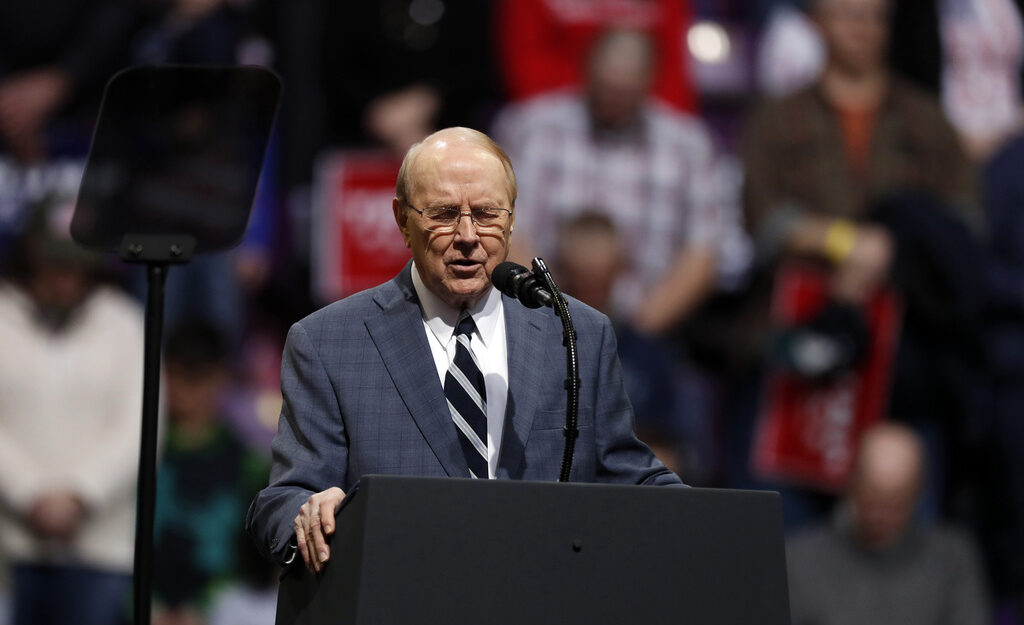Pakistan recently raised concerns about the exclusion of countries that contribute troops to United Nations peacekeeping missions from key decisions regarding the mandates of these missions. This issue highlights ongoing debates about fairness, representation, and the influence of contributing countries in shaping international peacekeeping operations.
In this article, we explore Pakistan’s position, the importance of peacekeeping contributions, and the broader implications for the UN’s decision-making processes.
Pakistan’s Concerns About UN Peacekeeping Mandate Decisions
Pakistan, one of the largest contributors to UN peacekeeping forces worldwide, expressed dissatisfaction over its exclusion, along with other troop-contributing countries, from important decisions on the mandates that govern these missions. These mandates define the roles, responsibilities, and scope of UN peacekeeping operations.
The country argues that those who put their soldiers on the ground should have a voice in shaping the missions’ direction and objectives. Excluding them from these decisions undermines their commitment and may affect the effectiveness and safety of the troops involved.
The Role of Troop-Contributing Countries in UN Peacekeeping
Troop-contributing countries (TCCs) provide soldiers and police officers to UN peacekeeping missions. These countries face significant risks and costs to maintain peace in conflict zones around the world.
Pakistan has a long history of contributing to peacekeeping, with thousands of its personnel serving in various missions. Their participation is critical for the success of UN operations, making their inclusion in mandate decisions a key issue for fairness and operational effectiveness.
How UN Peacekeeping Mandates Are Decided
The United Nations Security Council is primarily responsible for approving and renewing peacekeeping mandates. This body includes five permanent members with veto power and ten non-permanent members elected for two-year terms.
However, the countries contributing troops to these missions usually do not have direct influence on the Security Council’s decisions. This situation creates a gap between those who decide the mandates and those who implement them on the ground.
Importance of Inclusive Decision-Making
Pakistan’s position underscores the need for more inclusive decision-making within the UN regarding peacekeeping. Involving troop contributors in mandate discussions would ensure that their experiences and concerns are taken into account.
Such inclusion could lead to better-designed missions that are realistic, achievable, and consider the welfare of peacekeepers. It could also strengthen trust and cooperation between the UN and contributing countries.
Challenges Faced by Troop-Contributing Countries
Troop-contributing countries often face significant challenges. These include ensuring the safety of their personnel, dealing with limited resources, and coping with the political complexities of missions.
When they are excluded from important decisions, it may lead to mandates that do not fully address the on-the-ground realities, potentially putting troops at greater risk or limiting mission success.
Pakistan’s Call for Reform
Pakistan advocates for reforms in the UN peacekeeping system to give more say to troop contributors. The country suggests mechanisms for better consultation and participation in mandate development and review.
These reforms aim to make peacekeeping more effective, equitable, and responsive to the needs of those who serve.
Global Implications for Peacekeeping
The debate over mandate decision-making has implications beyond Pakistan. Many other countries contributing troops share similar concerns.
Reforming the process could improve the legitimacy and sustainability of UN peacekeeping missions worldwide, benefiting global peace and security.
Frequently Asked Questions
What are UN peacekeeping mandates?
UN peacekeeping mandates are official authorizations by the UN Security Council that define the scope and objectives of peacekeeping missions.
Why does Pakistan want troop contributors included in mandate decisions?
Pakistan believes that countries providing troops should have a say in decisions that affect their personnel’s roles and safety during peacekeeping missions.
How are peacekeeping mandates currently decided?
Mandates are decided primarily by the UN Security Council, which includes permanent and non-permanent members, but troop-contributing countries usually do not have direct input.
What challenges do troop-contributing countries face?
These countries often deal with risks to their personnel, limited resources, and political complexities in mission areas.
How could including troop contributors improve peacekeeping?
Including them could lead to more realistic mandates, better protection for peacekeepers, and stronger cooperation between the UN and contributors.
What reforms does Pakistan suggest?
Pakistan calls for mechanisms that allow troop contributors to participate more actively in mandate discussions and reviews.
Why is this issue important for global peace?
Effective and inclusive peacekeeping mandates contribute to safer missions and better outcomes for conflict-affected areas, benefiting international peace and security.
Conclusion
Pakistan’s call for greater inclusion of troop-contributing countries in UN peacekeeping mandate decisions highlights a critical issue in international peace operations. Recognizing and addressing these concerns could lead to more effective and safer missions. As peacekeeping continues to play a vital role in global security, it is essential that all stakeholders, especially those on the front lines, have a meaningful voice in shaping their missions.

